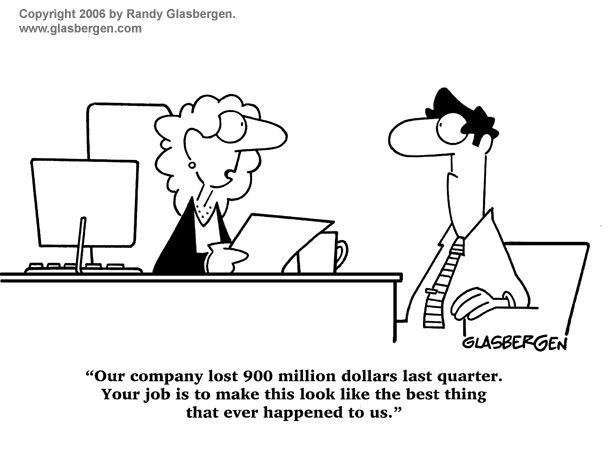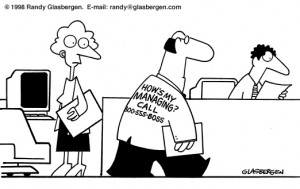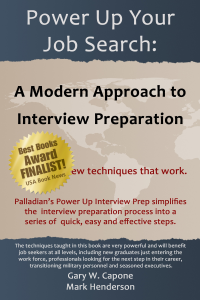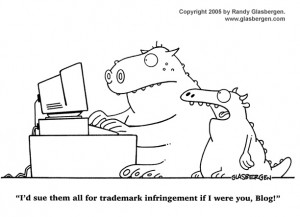Blogging allows job seekers to connect with industry professionals, hiring managers and recruiters. There a number of ways to use blogs to get noticed and find a job.
Blogging allows job seekers to connect with industry professionals, hiring managers and recruiters. There a number of ways to use blogs to get noticed and find a job.
Write a Blog About Your Search
There are a large number of blogs that focus on the activities of a job seeker in their search. These blogs give advice and describe the experiences of the job seeker. As this type of blog proliferates, the effectiveness will decline, but it can still be a benefit.
The advantage of a blog like this is to generate traffic on the hope that someone that visits can help you. The problem with a blog focused on your search is that the bulk of the traffic will be other job seekers. Few of these individuals will be in a hiring position. There are still two benefits to this, though. First, other job seekers can give advice and tips on where to find leads on jobs. Second, there are a lot of recruiters and HR professionals that search and visit blogs within their industry. One of these visitors may be a position to help you.
I found a blog recently from a student, Germaine Paul, majoring in public relations at Oklahoma State. The blog details the job search experiences and lessons learned as the student approaches graduation. I found this blog while surfing stories about career advice. This is something I do on a regular basis as I'm always looking to stay current on new trends.
Writing a Blog About Your Industry
You can write a blog about topics within your industry. This can set you up as a thought leader and attract the interest of hiring authorities in your field. Many professionals routinely search the web for stories on their industry.
This effort takes time to be effective. You cannot post a few articles and generate attention and respect as an industry expert. To develop a following my take months or years. If you are currently unemployed, this is a much slower technique than others available. If you are employed but worried about your job security, starting a blog may be a great tactic to prepare for a possible layoff. You can build relationships that you can leverage down the road.
Participate in Blog Discussions
One important element of blogging is the dialog between the author and the readers through comments. Some blogs generate very active discussions, with readers contributing additional thoughts, questions or answers to individual posts. You can build relationships with others in your field by posting comments on blogs.
Remember to add value to the blog. Posting a comment that is poorly written or of little value to the community will make an impression, but not one that will help your search.
One benefit to participating in a blog is to meet professionals in your field. You may find contributors that work for companies you are targeting in your job search. These individuals can become resources and advocates for you. Consider participating in blogs from industry trade groups, industry thought leaders and trend setting companies.
If a firm you are targeting has a corporate blog, participate in the discussions there. The technical experts writing on the blog will notice the active contributors and may assist you in your search.
Mistakes to Avoid
If you are posting comments on a blog, make sure you are presenting a professional image. It is unlikely that the blog comment form will have spell check. After you write your comment, copy it over into Word and spell check it. This will help identify obvious mistakes.
Provide quality not quantity. One good comment a week is much better than a dozen poor quality comments. Don't write comments just to comment. If you don't have something to contribute, wait for another post. You want to make an impression of being very thoughtful and experienced in your field.













